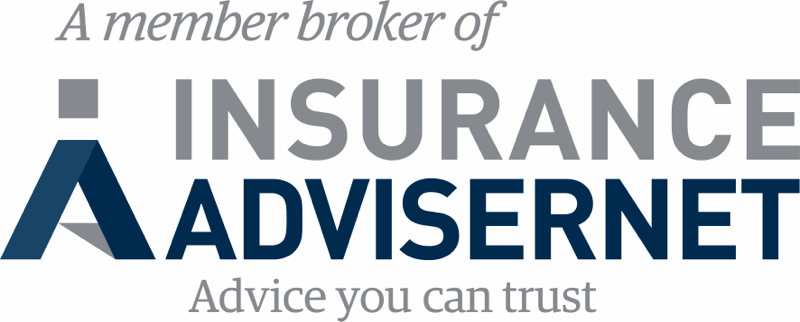North Island Floods and Cyclone Tipped to Raise Insurance Premiums
Well over 12,000 claims have been received by the big three insurance companies IAG, Suncorp, and Tower – and as we all know more claims, increased need for pay-outs, and insurer bottom lines can mean a sharp increase in the premiums policy holders have to pay.
IAG alone accounts for over seven thousand claims for major expenses like home damage, home and contents, vehicles, and business claims. They are definitely baring the brunt of their market shar with the next two largest – Suncorp and Tower – receiving over 3000 and 1900 respectively. With more weather on the way and people getting around to processing their claims these numbers will likely rise – even Chief executive of the Insurance Brokers Association Mel Gorham has warned that insurance rates could be under the microscope as the extent of the damage caused by the flooding is understood.
“The impact, depending on how significant it is from this event, could in turn create difficulties with insurance rising or becoming less available."
Our neighbours across the water in Australia know this refrain well, with 2021 delivering fires, floods, cyclones, and even a hail storm that was over in less than ten minutes and yet led to thousands of claims, written off hail damaged cars, and property damage. Many Aussie homeowners in affected areas saw premium hikes of 10-20 per cent from the previous year, while others found that they weren’t covered for natural disasters in the first place – a good reminder to read your policy carefully and make sure you’re covered adequately.
With a recent survey of Māori business network Whāriki showing that up to 60 percent of their three thousand or so members being uninsured, she advises businesses to get in touch with a broker or other financial expert to get trusted advice on moving forward.
Suggestions that these businesses should negotiate to pay higher excesses or a tailored cover solution to reduce the extent of the cover but keep premiums affordable might not resonate well with business owners already unenthusiastic about insurance but it can be argued that just having some coverage is better than being left to foot major bills on their own.
"Whether that be that perhaps they need to take higher excesses, they can look at that, or there might be some form of reduced cover that they could take, which means in the event of a series event, they have some insurance there that could get them back on their feet - perhaps they could withstand smaller type events or different type of events.
"It's not a one-size-fits-all-approach, and if people are seriously considering going without insurance, I would very strongly recommend that they speak to a professional to give them advice on that, because that's a huge call given that their livelihood depends on it."
This is especially true when you take into consideration that many small businesses rely on financing or have mortgages held over from the owner’s home where interruption of income from weather disasters could have severe consequences. Missed mortgage payments, missed loan repayments, and cashflow crunch flows on to everyone involved in the business – especially if they don’t have personal insurances like income protection or mortgage insurance to rely on.
"So there is a cumulative impact if there is damage to the livelihood… it creates that knock-on effect."
The advice from the Chief executive of the Insurance Brokers Association seems clear – reassess your insurance level, the policies you have, and to seriously consider whether being uninsured is an acceptable risk in our world of (seemingly) never-ending unprecedented times, weather events, and change.
 =
=